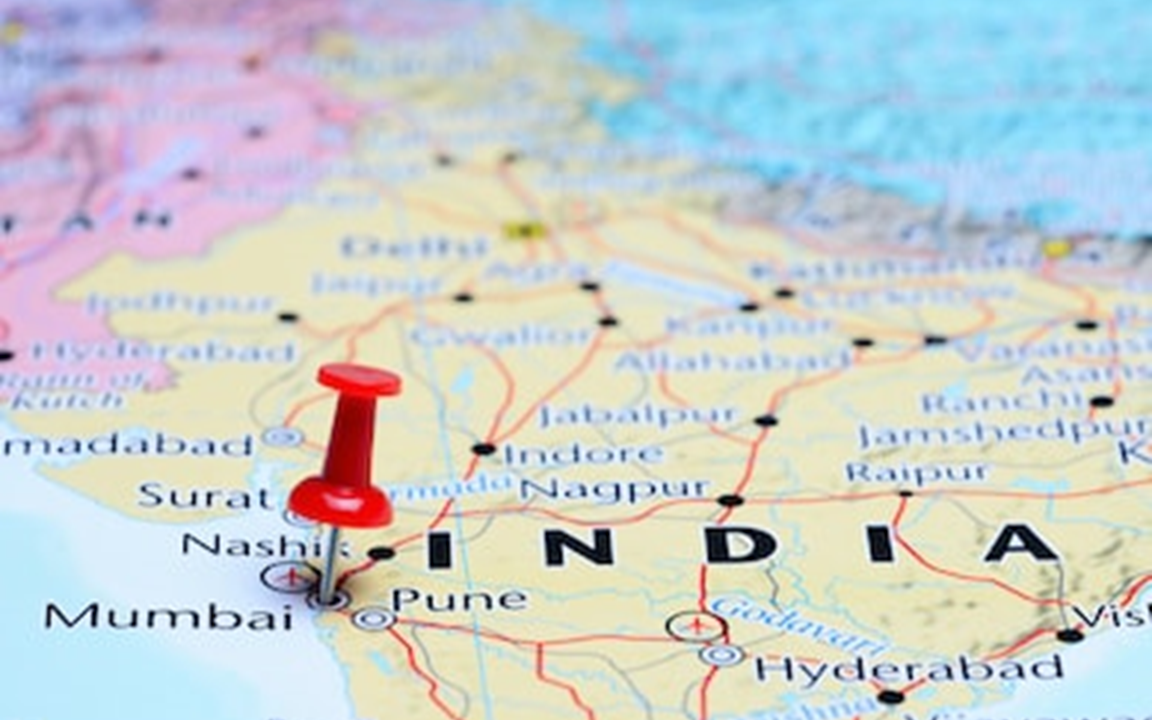This report serves two purposes for the BINDI project: to summarise the nutritional situation and to map the key project stakeholders. It focuses on Pune, one half of the BINDI partnership.
Pune is a large city in India with a vibrant reputation that has established itself as one of the leading ‘Smart Cities’ in India. The aim of the BINDI project is to apply the principles of ‘Smart Cities’ to nutrition through a partnership with Birmingham, and thus Pune is well-placed to lead on ‘Smart Nutrition Cities’.
As with the rest of India, the District of Pune faces multiple nutrition challenges at the same time, including undernutrition, overweight, chronic diseases and micronutrient deficiencies. Nearly a quarter of children in Pune are stunted and roughly, the same percentage respectively are wasted and underweight. At the same time, a third of adults in Pune are overweight or obese, and this has been increasing over time. Half of children between 6 and 59 months of age have anaemia. There is limited data on childhood obesity and exclusive breastfeeding rates in Pune, but less than 10% of children 6 to 59 months were recorded as consuming an ‘adequate diet’ in the National Family Health Survey.
Contributing factors to this complex nutrition situation include household food insecurity, changes to the diet and to the food environment—including increasing access to ‘obesogenic’ foods and environments—and changes to agricultural production.
Pune and India have several initiatives in place seeking to address nutrition challenges, many of which are coordinated through the Integrated Child Development scheme and its system of Anganwadi community centres. Most of the current initiatives seek to address undernutrition, however, Pune has recently launched a new initiative on childhood obesity.
The key stakeholders for this project in Pune come from a range of sectors but principally include the Pune Municipal Corporation (PMC), other public authorities, local researchers and experts and local and national civil society organisations.


